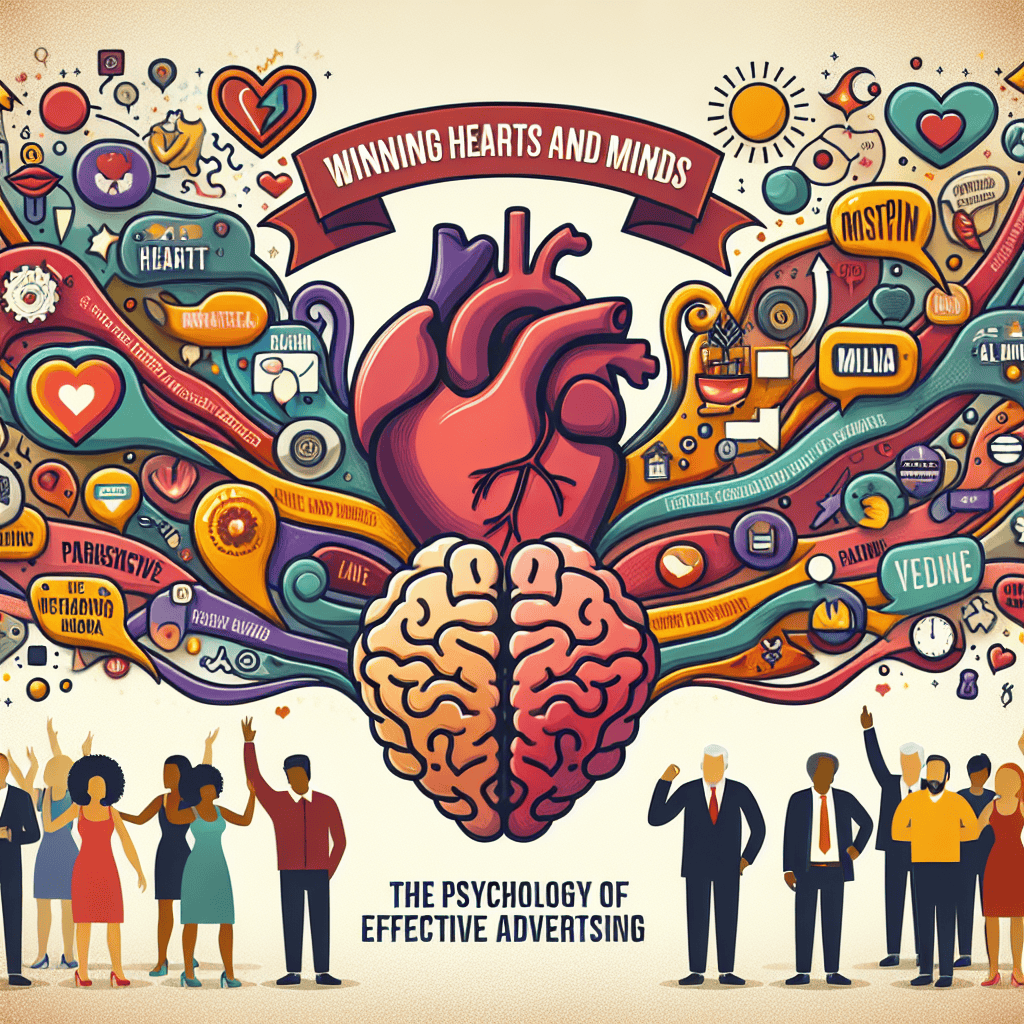As an expert writer at Entrepreneur Magazine, it’s important to understand the power of effective advertising and how it can impact consumer behavior. In today’s competitive market, successful advertising goes beyond just promoting a product or service – it’s about winning the hearts and minds of your target audience. By tapping into psychological principles, brands can create campaigns that resonate with consumers on a deeper level and drive them to take action.
The Power of Emotional Appeal
One of the most effective ways to win hearts and minds through advertising is by appealing to emotions. Research has shown that emotions play a significant role in decision-making, often influencing consumer behavior more than rational thinking. By creating ads that evoke feelings of joy, sadness, fear, or excitement, brands can establish a strong emotional connection with their audience.
For example, a heartwarming commercial featuring a child and their pet can evoke feelings of nostalgia and happiness, making viewers more likely to remember and connect with the brand. By tapping into these emotions, advertisers can create a lasting impression that resonates with consumers long after the ad has ended.
The Importance of Social Proof
In today’s digital age, social proof has become a crucial factor in advertising success. Consumers are more likely to trust and engage with a brand that has positive reviews, testimonials, or endorsements from other customers. By showcasing social proof in ads, brands can build credibility and trust with their audience.
For instance, featuring customer testimonials in a commercial or highlighting positive reviews on social media can reinforce the value and quality of a product or service. This social validation can sway potential customers to choose the brand over competitors, as they are more likely to trust the opinions of others.
The Influence of Cognitive Bias
Cognitive biases are subconscious mental shortcuts that influence how we perceive and interpret information. By understanding these biases, advertisers can create campaigns that leverage these inherent tendencies to influence consumer behavior.
For example, the scarcity effect – the idea that items are more desirable when they are perceived as limited – can be used to create a sense of urgency in ads. By highlighting limited-time offers or exclusive deals, brands can tap into consumers’ fear of missing out and drive them to make a purchase before it’s too late.
Conclusion
Effective advertising goes beyond just selling a product – it’s about winning the hearts and minds of consumers. By appealing to emotions, showcasing social proof, and leveraging cognitive biases, brands can create campaigns that resonate with their audience on a deeper level and drive them to take action. By understanding the psychology of advertising, brands can create campaigns that not only capture attention but also create lasting connections with consumers.
Searching for Google, Facebook, or Instagram PPC Advertising Management? View our top-rated PPC Advertising Services
Check out all our Digital Marketing Services
Free Advertising Strategy Call




0 Comments